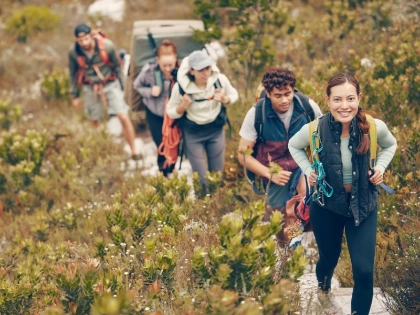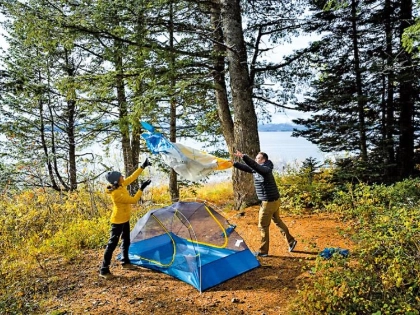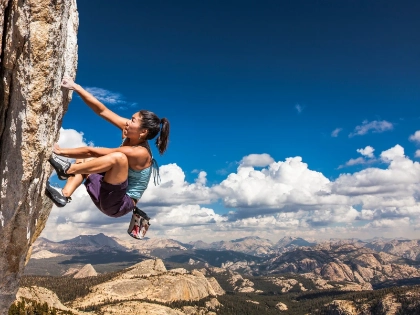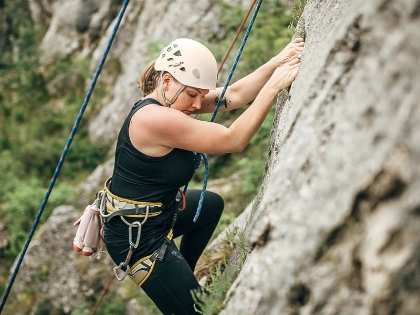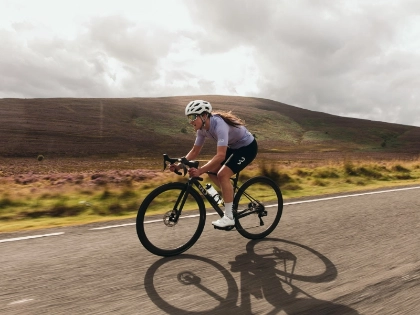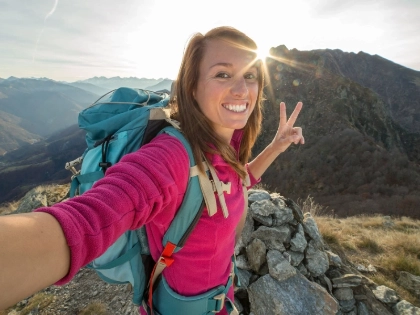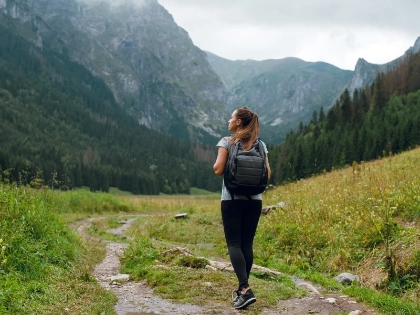Trekking Vs Hiking
Trekking is a more physically demanding activity that calls for greater training. However, trekking might lead to a lot of experiences that change your life. Along with experiencing the mental benefits of nature, you can make new acquaintances with other hikers and take in a breath of fresh air. But there is sometimes a misunderstanding between hiking and trekking. Though it may not seem like much, there is a difference between these two hobbies.
What makes hiking different from trekking?
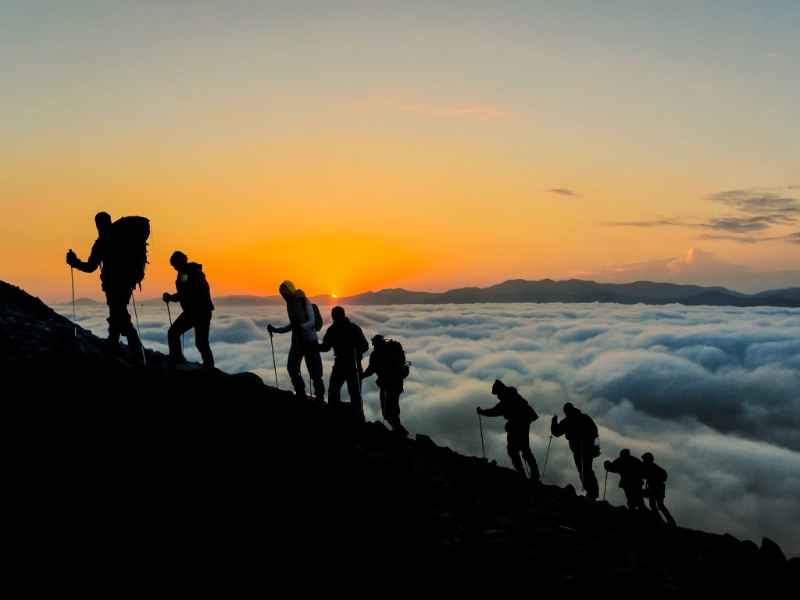
Trekking is a more demanding sport.
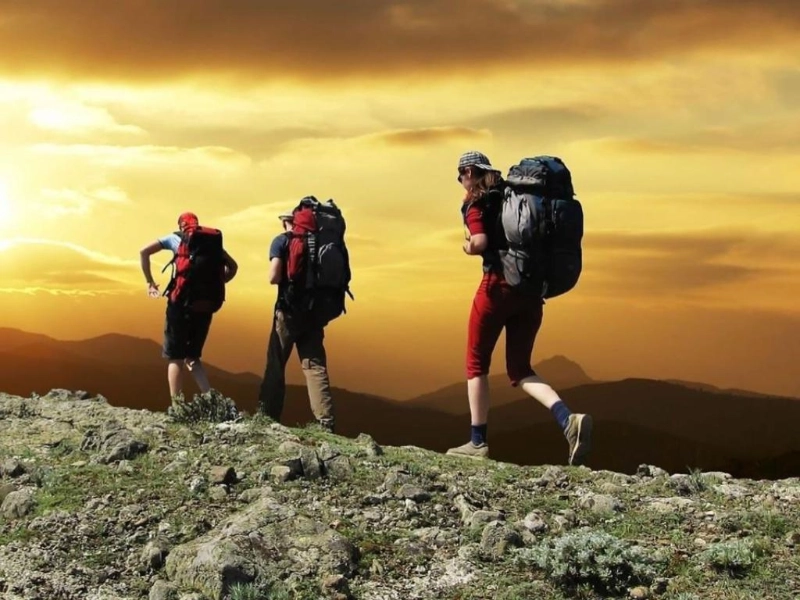 It might be challenging to distinguish between hiking and trekking because the terms are sometimes used synonymously. Trekking and hiking are similar in that they both entail walking through natural areas, although a trek usually entails more strenuous activities than a hike.
A trek is frequently an extended trip with a predetermined objective in mind. Trekking excursions typically require you to carry all of your own kit and can last several days. Hiking excursions, on the other hand, frequently have porters or guides who assist you in carrying your supplies and equipment.
Trekking is not only a pleasant activity but it also helps with balance and muscle endurance. It can also lessen stress and strengthen your immune system.
It might be challenging to distinguish between hiking and trekking because the terms are sometimes used synonymously. Trekking and hiking are similar in that they both entail walking through natural areas, although a trek usually entails more strenuous activities than a hike.
A trek is frequently an extended trip with a predetermined objective in mind. Trekking excursions typically require you to carry all of your own kit and can last several days. Hiking excursions, on the other hand, frequently have porters or guides who assist you in carrying your supplies and equipment.
Trekking is not only a pleasant activity but it also helps with balance and muscle endurance. It can also lessen stress and strengthen your immune system.
A trek takes several days to complete.
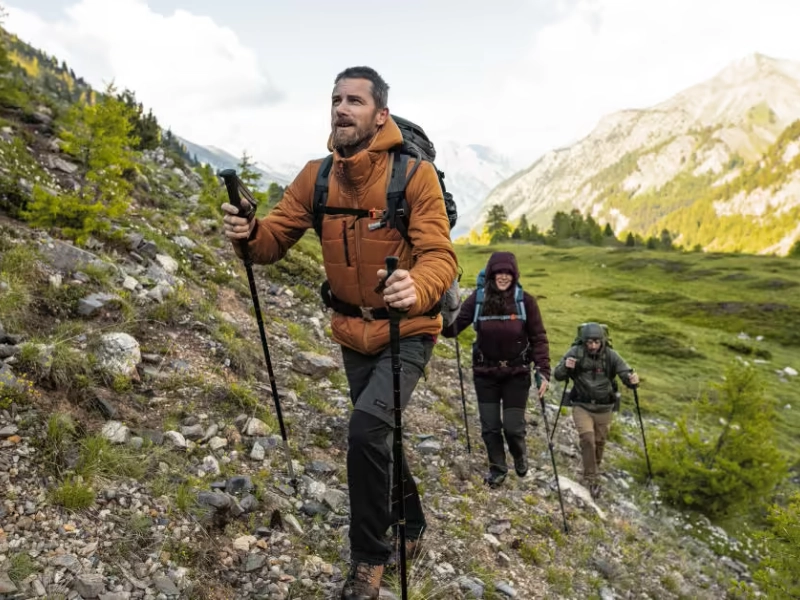 Walking slowly along a route or path is called hiking. On the other hand, trekking is a strenuous and prolonged expedition, typically undertaken on foot. It's a unique kind of trekking that frequently calls for more planning and training than standard walking excursions.
Trekking has a lot of advantages. It offers a special chance to spend time in the outdoors and develop fresh eyesight for the world. You can also use it to strengthen your interpersonal and social connections. It also helps you keep your body healthy and improves your cardio capacity.
It's crucial to get ready for a hike by researching the area, the forecast, and any dangers. This will guarantee that you have the appropriate gear and assist you in making well-informed selections concerning your trip.
Walking slowly along a route or path is called hiking. On the other hand, trekking is a strenuous and prolonged expedition, typically undertaken on foot. It's a unique kind of trekking that frequently calls for more planning and training than standard walking excursions.
Trekking has a lot of advantages. It offers a special chance to spend time in the outdoors and develop fresh eyesight for the world. You can also use it to strengthen your interpersonal and social connections. It also helps you keep your body healthy and improves your cardio capacity.
It's crucial to get ready for a hike by researching the area, the forecast, and any dangers. This will guarantee that you have the appropriate gear and assist you in making well-informed selections concerning your trip.
Trekking has a predetermined location.
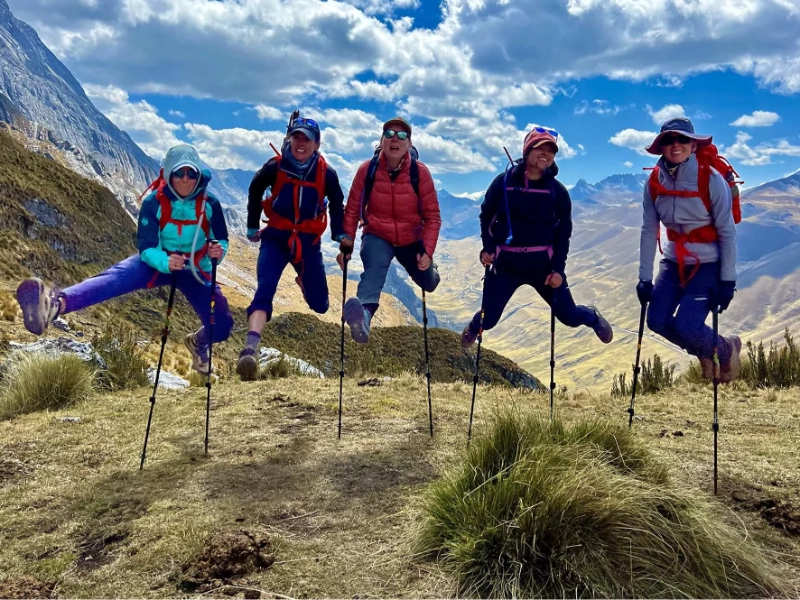 Trekking requires you to stay in shelters or campsites because the route is lengthy and takes several days. Compared to trekking, this calls for more preparation, additional gear, and greater physical stamina.
Although trekking can be done on a variety of terrain, including dirt roads and places without routes, hiking is usually done on trails and footpaths. Furthermore, compared to hikers, trekkers typically carry a larger backpack.
Both hiking and trekking have several health advantages, such as boosting self-confidence and giving one the chance to conquer obstacles. But since hiking and trekking are two separate sports, you should always select the activity that best suits your needs and skill level. By doing this, you'll be able to avoid overexerting yourself and becoming sick or injured.
Trekking requires you to stay in shelters or campsites because the route is lengthy and takes several days. Compared to trekking, this calls for more preparation, additional gear, and greater physical stamina.
Although trekking can be done on a variety of terrain, including dirt roads and places without routes, hiking is usually done on trails and footpaths. Furthermore, compared to hikers, trekkers typically carry a larger backpack.
Both hiking and trekking have several health advantages, such as boosting self-confidence and giving one the chance to conquer obstacles. But since hiking and trekking are two separate sports, you should always select the activity that best suits your needs and skill level. By doing this, you'll be able to avoid overexerting yourself and becoming sick or injured.
More gear is needed for trekking.
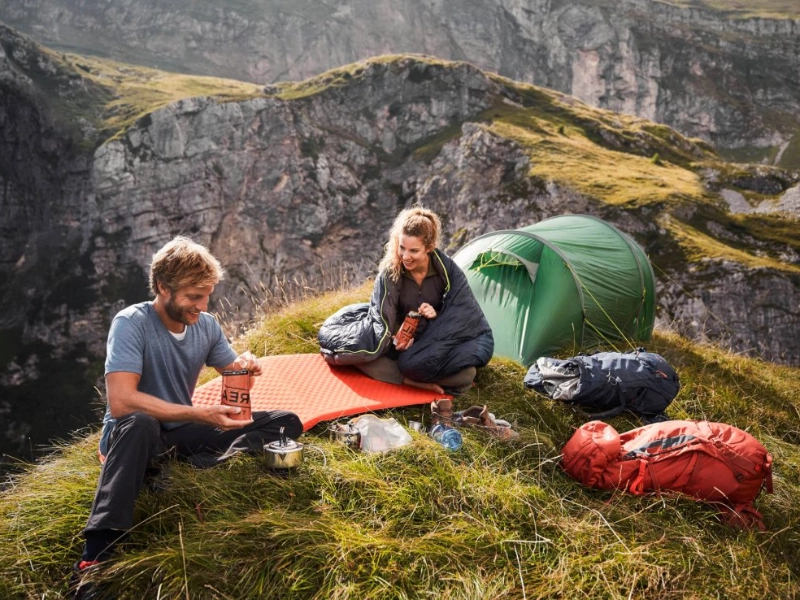 Trekking needs significantly more equipment than hiking, which may be done with very little. For instance, you'll need a rucksack that's cozy enough to hold food, water, camping supplies, trekking poles, and other necessities for a long trip.
You'll also need first aid kits for wilderness situations, a map, and a compass. It is imperative that you devise a strategy for handling unforeseen circumstances such as scarcity of food, severe weather, and inadequate housing.
Trekking is a great method to maintain good health, lower stress levels, and improve one's understanding of the environment and many cultures. As a matter of fact, it can make you happy and live longer. Stanford University claims that being outside lowers anxiety and lowers the risk of depression.
Trekking needs significantly more equipment than hiking, which may be done with very little. For instance, you'll need a rucksack that's cozy enough to hold food, water, camping supplies, trekking poles, and other necessities for a long trip.
You'll also need first aid kits for wilderness situations, a map, and a compass. It is imperative that you devise a strategy for handling unforeseen circumstances such as scarcity of food, severe weather, and inadequate housing.
Trekking is a great method to maintain good health, lower stress levels, and improve one's understanding of the environment and many cultures. As a matter of fact, it can make you happy and live longer. Stanford University claims that being outside lowers anxiety and lowers the risk of depression.
